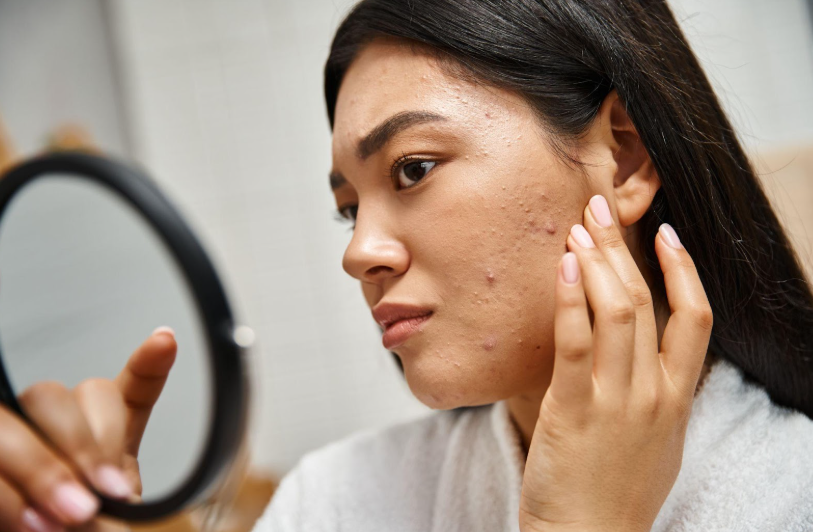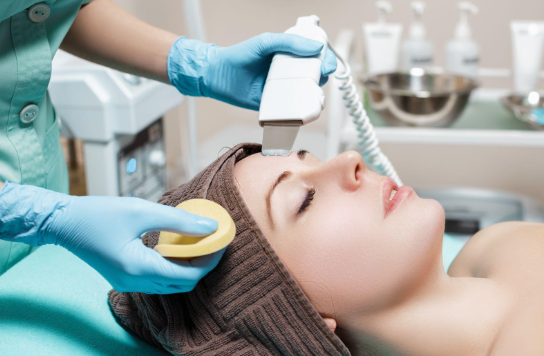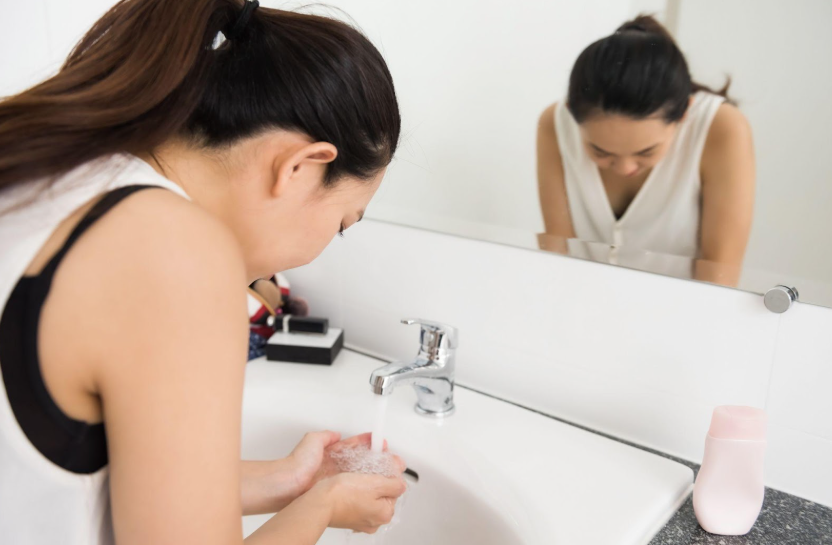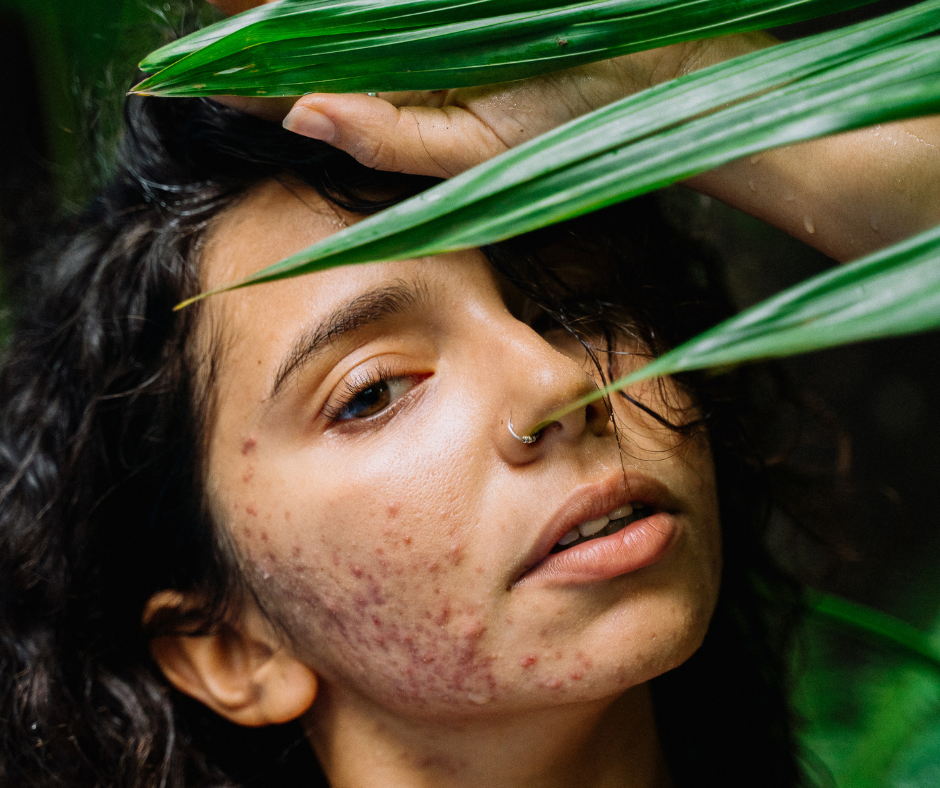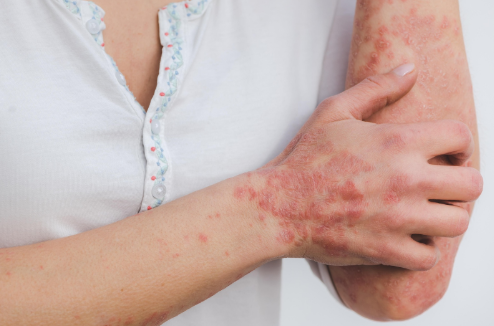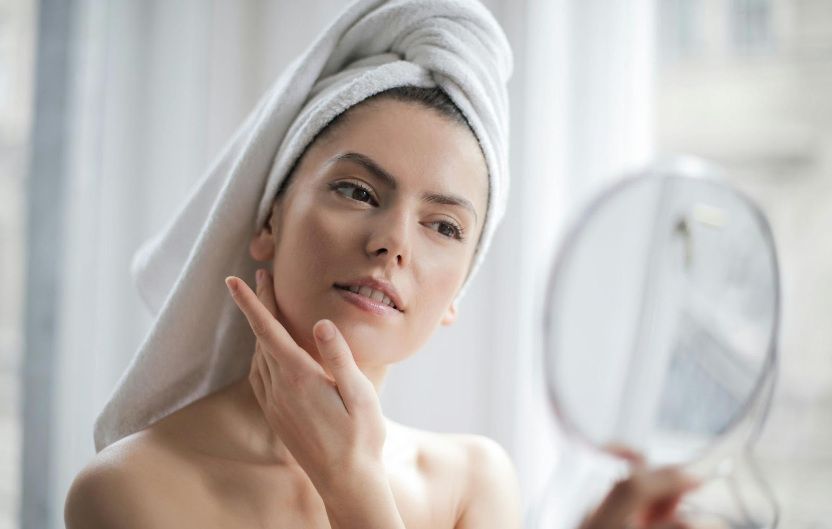Do I Need Sunscreen in the Winter?
Do I Need Sunscreen in the Winter?
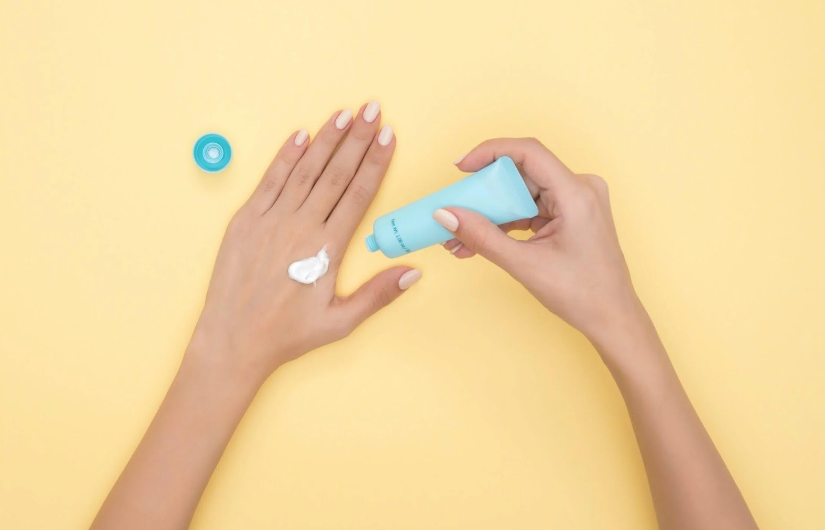
As winter blankets the world in a serene layer of snow and chilly temperatures, many of us tend to believe that the need for sunscreen diminishes along with the intensity of the sun's rays. The misconception that sunscreen isn’t essential during the winter can lead to unintended consequences for our skin.
In this blog post, we’ll explore the myths surrounding winter sunscreen use and why it remains a crucial component of your skincare routine, even when the days are shorter and the air is crisp.
Demystifying UV Radiation and Its Impact on Skin
Understanding the intricacies of UV radiation is crucial for comprehending the necessity of sunscreen, especially during the winter.
UV radiation, or ultraviolet radiation, is a spectrum of electromagnetic energy emitted by the sun. It encompasses three main types: UVA, UVB, and UVC. Demystifying these components sheds light on their distinct effects on the skin.
UVA Rays: The Silent Intruder
UVA rays account for most UV radiation reaching the Earth's surface. Despite being less intense than UVB rays, UVA rays are silent intruders that penetrate the skin's deepest layers. This penetration poses significant risks, contributing to premature aging, the development of wrinkles, and increasing the likelihood of skin cancer.
The depth to which UVA rays penetrate the skin is a cause for concern. Unlike UVB rays that affect the outer layers, UVA rays delve into the skin's second dermis layer. Here, they incite the production of free radicals, reactive molecules that wreak havoc on collagen and elastin fibers, the structural proteins responsible for the skin's firmness and elasticity.
This cellular disturbance leads to the breakdown of collagen and elastin, forming wrinkles and fine lines. Moreover, long-term exposure to UVA rays enhances the risk of skin cancer. It is imperative to shield the skin against these silent intruders throughout the year, including winter.
UVB Rays: The Culprits of Sunburns
UVB rays, though less prevalent than UVA rays, are notorious for their immediate and visible impact on the skin's outermost layers. These rays are responsible for sunburns, a painful consequence of prolonged exposure. While UVB rays do not penetrate as much as UVA rays, they can cause considerable damage to the epidermis, the skin's outer layer.
Upon exposure to UVB rays, the skin initiates a defense mechanism by increasing melanin production, the pigment responsible for skin color. This pigment absorbs and disperses UV radiation, serving as a natural shield. The visible result of this process is a tan. However, prolonged exposure can overwhelm the skin's defense system, leading to sunburn.
UVB rays are also significant contributors to the development of skin cancer. Their ability to induce DNA mutations in skin cells elevates the risk of malignant transformations. Thus, even in winter, when the sun appears less intense, the impact of UVB rays on the skin remains potent, necessitating the consistent use of sunscreen.
The Winter UV Paradox: A Higher Altitude
One might assume that winter diminishes the threat of UV radiation due to reduced sunlight and lower temperatures. But the winter UV paradox lies in the snow, which blankets many winter landscapes, reflecting UV rays with remarkable efficiency. This reflective property amplifies the intensity of UV exposure, especially in regions with heavy snowfall or at higher altitudes.
In such environments, the combination of lower temperatures and the reflective power of snow poses a double threat to the skin. The cold air can lead to a false sense of security, causing individuals to underestimate the need for sunscreen. However, the heightened UV reflection from snow demands increased vigilance in sun protection practices, emphasizing the importance of year-round sunscreen use.
Choosing the Right Sunscreen: A Critical Decision
Given the varied impacts of UVA and UVB rays, selecting the right sunscreen becomes critical for safeguarding your skin. Opt for a broad-spectrum sunscreen that provides comprehensive protection against UVA and UVB radiation. The Sun Protection Factor (SPF) measures a sunscreen's effectiveness in shielding against UVB rays, while labels like "broad-spectrum" state protection against UVA rays.
Considering your skin type, activities, and reflective surfaces in your environment helps tailor your sunscreen choice for optimal protection. Water-resistant formulations are advisable, particularly during winter sports or activities that involve sweat, to ensure the sunscreen remains effective despite exposure to moisture.
Indoor Heating Strips Moisture
As winter makes everything chilly outside, we often find warmth indoors. Yet, the heaters we rely on for coziness can be tricky for our skin. These indoor heating systems take away the moisture from the air, making it dry. When the air inside is dry and you step outside into the cold, it creates a problem for your skin. Your skin loses moisture, making it easier for things like the sun's rays to cause damage.
The Impact on Your Skin
When your skin becomes dry and lacks moisture, it's not about how it looks. It becomes easier for bad things from the outside, like the sun, to get in and cause problems. The mix of indoor heating and outdoor cold makes this even worse, creating a situation where your skin can't retain moisture.
Why Sunscreen Matters in Winter
This is where sunscreen becomes essential for your winter skincare routine. It's not just about protecting your skin from the sun; it's about helping your skin deal with the dryness caused by indoor heating. A good sunscreen acts like a shield, stopping moisture from leaving your skin. It locks in the hydration your skin needs, especially when the temperatures keep changing.
Preventing Moisture Loss: Sunscreen's Extra Benefit
Sunscreen does more than protect from the sun. It helps your skin keep its moisture. It's like a protective cover that stops the water in your skin from disappearing. This is especially important when you're in places with indoor heating that can make your skin lose moisture faster.
Choosing the Right Sunscreen for Winter
Not all sunscreens work the same way; in winter, you want one that does more. Look for sunscreen with ingredients like hyaluronic acid or glycerin. These things not only help keep your skin moist but also keep it healthy. Also, pick sunscreens that say "non-comedogenic" if your skin is sensitive or gets pimples.
Wrap-Up: Finding a Balance for Your Skin
As you enjoy the warmth indoors during the winter, it's essential to consider your skin. Indoor heating might make you feel cozy but can make your skin lose moisture. By using sunscreen, you shield your skin from the sun and help it hold onto its water.
Cumulative Sun Damage
Sun damage is not a fleeting concern; it's a silent accumulator that intensifies over time. Even in the milder winter sun, the potential for harm lingers. Neglecting sunscreen during these less intense periods can have irreversible consequences for your skin. Wrinkles, fine lines, age spots, and an escalated risk of skin cancer emerge as potential outcomes of prolonged sun exposure without adequate protection.
Consistency in sunscreen application transforms from a mere routine to a strategic defense. Applying sunscreen daily is akin to investing in your skin's long-term health. This diligent practice protects against the gradual accumulation of sun damage, preserving your skin's youthful appearance and reducing the risk of skin-related issues as the years unfold.
Choosing the Right Sunscreen
When it comes to sunscreen, one size doesn't fit all. Opt for a broad-spectrum sunscreen—it tackles UVA (aging) and UVB (burn) rays, ensuring well-rounded protection.
Consider Your Skin's Needs
Choose sunscreen to suit your unique needs by considering your skin type, daily routine, and specific concerns like sensitivity or allergies. If you have sensitive skin, opt for a gentle option. If outdoor activities are on the agenda, select a water-resistant formula. For added convenience, choose a sunscreen that doubles as a moisturizer—a two-in-one solution to simplify your skincare routine.
Make It Personal
Picking sunscreen isn't a chore; it's a personal choice. Understand UVA and UVB rays, factor in your skin's quirks, and choose. Let your sunscreen be as unique as you are indoors or outdoors.
Winter Sports Demand Extra Protection
For winter sports enthusiasts, sunscreen isn't a choice; it's a must-have for optimal skin care. Being involved in skiing, snowboarding, or ice skating exposes your skin to prolonged sun exposure, often at high altitudes with more intense UV radiation. Coupled with the reflective properties of snow, this scenario demands specialized sun protection.
Invest in sports sunscreens with higher SPF ratings and water-resistant formulations. These products are designed to endure the challenges of winter sports, providing an extra layer of defense against the elements. Whether conquering slopes or gliding across icy surfaces, your skin deserves the added care and protection these specialized sunscreens offer.
Wearing sunscreen protects your skin from the sun's harmful rays. Even though it's winter, remember to wear sunscreen daily to keep your skin healthy and protected. The winter sun, though subtle, poses real threats to our skin.
At
Pine Belt Dermatology, we emphasize holistic skincare. Beyond treatments, we advocate for preventative measures. Explore our skincare products and
consult with our dermatologists at Pine Belt Dermatology. Your skin deserves the best care every season, and we're here to help you achieve that.
